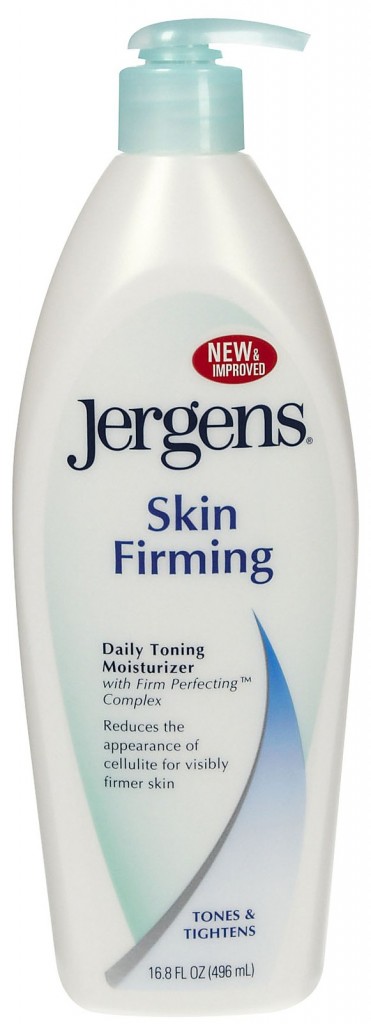 Top Lawsuits
Top Lawsuits
Were you a soft touch for Jergens Skin Firming Daily Toning Moisturizer? Kao USA, the makers of the moisturizer that does everything except take the garbage out, is facing a consumer fraud class action lawsuit over allegations that perhaps it was overstating the benefits of the product. Now, there’s a surprise.
The federal lawsuit alleges “Kao makes erroneous claims in the packaging, labeling, marketing, advertising and promotion for the Product, such as falsely asserting that it is ‘clinically proven to reduce the appearance of cellulite,’ that it will tighten a user’s skin, and produce improved resiliency, elasticity, and firmness.” The Jergens class action lawsuit also states that these claims are “erroneous, false and misleading to a reasonable consumer.”
“Kao’s Product sales were based upon this false promise and misleading advertisements targeting vulnerable consumers which cause, and continues to cause, consumers to pay a price premium for the Product,” the lawsuit claims. “Plaintiff and other purchasers of the Product have suffered injury in fact and have lost money as a result of Kao’s false misrepresentations. Plaintiff purchased the Product because of the claims made by Defendant, and would not have purchased the product if she had known that this advertising was false.”
The lead Plaintiff claims she relied on the misleading statements on the product’s bottle in her decision to purchase the $6 product. She is seeking damages and equitable relief for a proposed Class of all California residents who purchased Jergens Skin Firming Daily Toning Moisturizer for personal use. Sign me up!
Top Settlements
Cha-Ching…the penny drops on PNC Bank. They agreed this week to pay $90 million in the settlement of a class action lawsuit accusing the bank of improperly manipulating its customers’ debit card transactions in order to generate excess overdraft fees revenues. No comment.
The PNC Bank lawsuit, part of multi-district litigation involving more than 30 different banks entitled In re Checking Account Overdraft Litigation, is pending before U.S. District Judge James Lawrence King in Miami.
The lawsuit claims that PNC Bank’s internal computer system re-sequenced the actual order of its customers’ debit card and ATM transactions, by posting them in highest-to-lowest dollar amount rather than in the actual order in which they were initiated by customers and authorized by the bank. According to the lawsuit, PNC Bank’s practice resulted in its customers being charged substantially more in overdraft fees than if the debit card and ATM transactions had been posted in the order in which they were initiated and authorized.
PNC Bank is not the first bank involved in this multi-district litigation to settle similar claims. In addition to a $410 million settlement with Bank of America approved last year, settlements with JPMorgan Chase Bank, Citizens Bank and TD Bank have been announced in recent months.
Asbestos Settlement. On a bittersweet note, Bobbie Izell, who worked in construction in the 1960s and 1970s, and his wife have been awarded $48 million by a California court in settlement of their asbestos mesothelioma lawsuit.
The lawsuit named Union Carbide and a number of other defendants including Riverside Cement and California Portland Cement Company as defendants.
Izell developed mesothelioma during his 30 year career as a cement contractor in the construction industry. He built thousands of homes, commercial buildings, and churches, many of which contained asbestos. Izell also bought and renovated properties and many of the products he used for the renovation contained asbestos. Consequently, between 1947 and 1980, Izell suffered consistent exposure to the carcinogen.
The asbestos lawsuit was filed by Izell and his wife shortly after Izell was diagnosed with asbestos mesothelioma. According to media reports, during the trial Union Carbide argued that Calidria, which is the type of asbestos they manufactured, does or did not cause cancer. However, evidence was produced in the form of corporate memos which revealed that Union Carbide staff and physicians were aware the material was making works ill, but this information was not made public.
Ok—That’s a wrap. See you at the bar!


